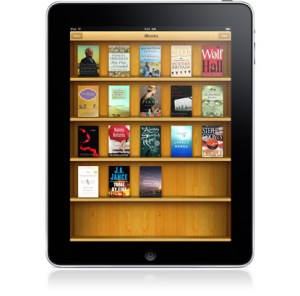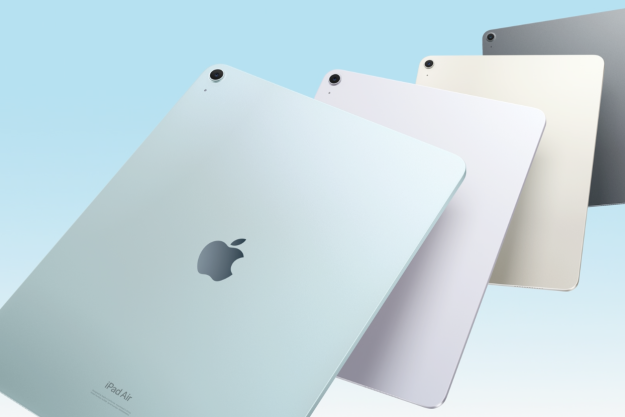
Back in February Apple angered folks offering digital content to iOS devices via their apps by announcing a new policy that requires in-app purchases go through Apple’s own services, rather than connecting to the publishers’ own digital content systems. Now, the policy is reaping more victims: booksellers Amazon, Barnes & Noble, and Kobo—along with The Wall Street Journal—have removed in-app purchasing from their programs, and the Google Books app has disappeared from the App Store entirely, presumably to receive a similar update.
Apple’s policy change revised the company’s terms of service to require all in-app content purchases go through its own system…meaning Apple would get a 30 percent cut of all sales. Apple relented a smidge in June, saying it would permit out-of-app purchases that had lower prices than those available via in-app purchasing, meaning companies were free to tack Apple’s 30 percent cut as a surcharge on in-app purchases while offering the same content for significantly lower prices out of the app.
Apple’s deadline for complying with the new policy was June 30.
In all cases, customers are expected to be able to make content purchases from their iOS devices using the built-in Safari Web browser. However, by not being able to make content purchases directly within an application, many content providers’ iOS experience will be negatively impacted.
A Wall Street Journal spokesperson said: “We remain concerned that Apple’s own subscription [policies] would create a poor experience for our readers, who would not be able to directly manage their WSJ account or to easily access our content across multiple platforms.”
At least one publisher is zagging instead of zigging with Apple’s new policies: The Financial Times last month converted over to an HTML5-based Web-only application for its iOS customers, eschewing dedicated apps entirely.

